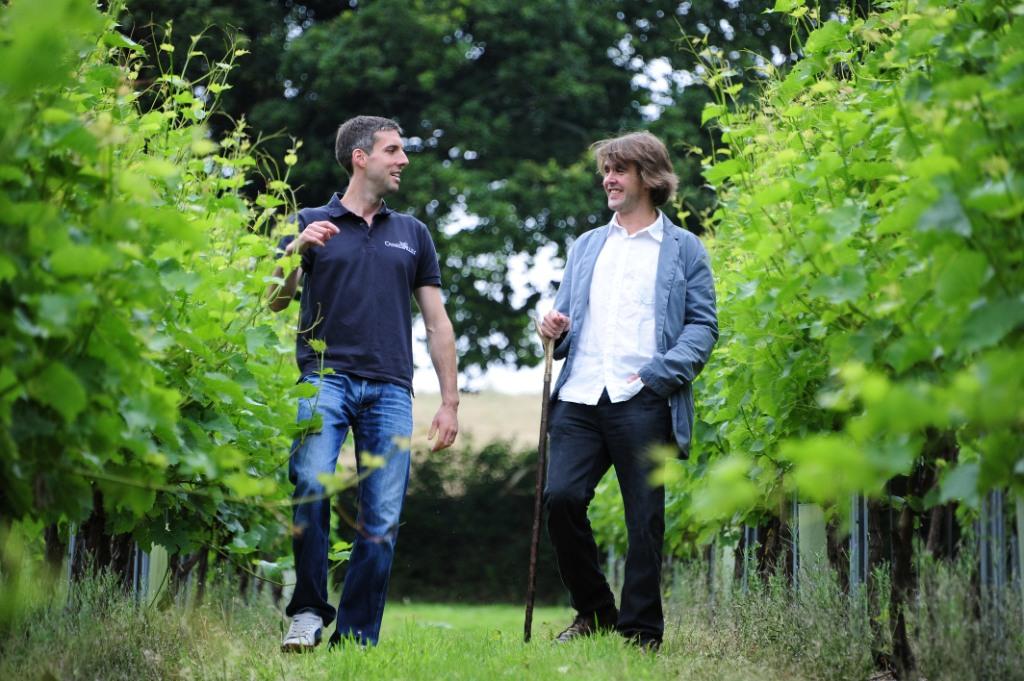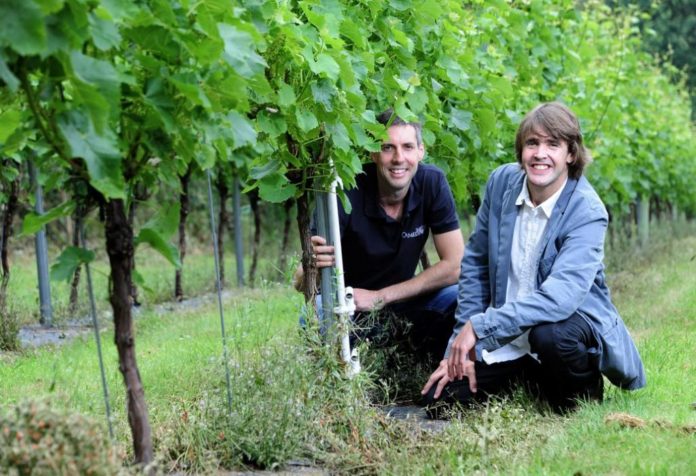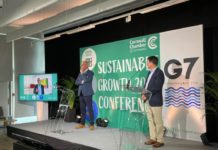The UK’s burgeoning winemaking industry could benefit from new research to assess the impacts of climate change on Cornwall’s vineyards.
The research is set to help local wine producers develop new techniques so they are ready to adapt to future weather patterns. It will also help pinpoint locations in Cornwall that could be potential sites for future vineyard plantings – an important issue as farmers look to diversification.

Two of Cornwall’s existing wine producers, Camel Valley Vineyard and Polgoon Vineyard and Orchard, have offered researchers from the University of Exeter’s Penryn-based Environment and Sustainability Institute (ESI) access to their vineyards for the study. The researchers are now inviting other local vineyards to come forward and collaborate on the research.
Internationally-recognised ‘viticultural’ scientist and expert Dr Richard Smart of Newlyn will be involved in the research, having recently completed a similar study in Tasmania, Australia.
ESI researcher, Dr Jonathan Mosedale, said: “Vineyards are a major long-term investment and would benefit from a better understanding of the risks and opportunities that climate change presents.
“It is essential for us as researchers to understand the challenges that winemakers face here in Cornwall and the skills and resources that would allow vineyards to prosper under future climate conditions.”
Sam Lindo, wine maker at Camel Valley Vineyard, added: “There are many myths and assumptions in our industry but every site is different and what works in the south of France may not work here in Cornwall. The changeable weather means our yields fluctuate considerably year on year.
“This research could give us important data to inform our practices and help us deliver more reliable yields.”
Any wine makers in Cornwall that are interested in taking part in this study should contact Jonathan Mosedale.









